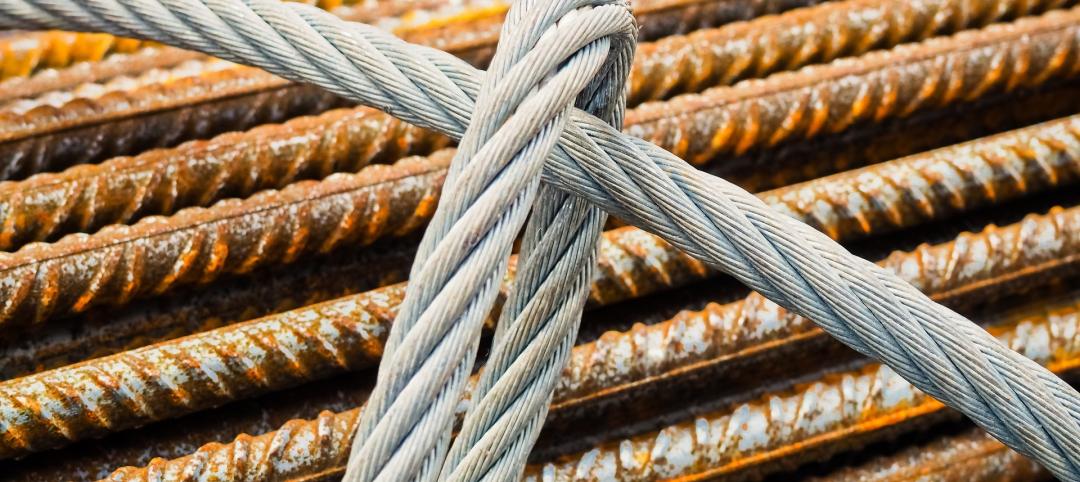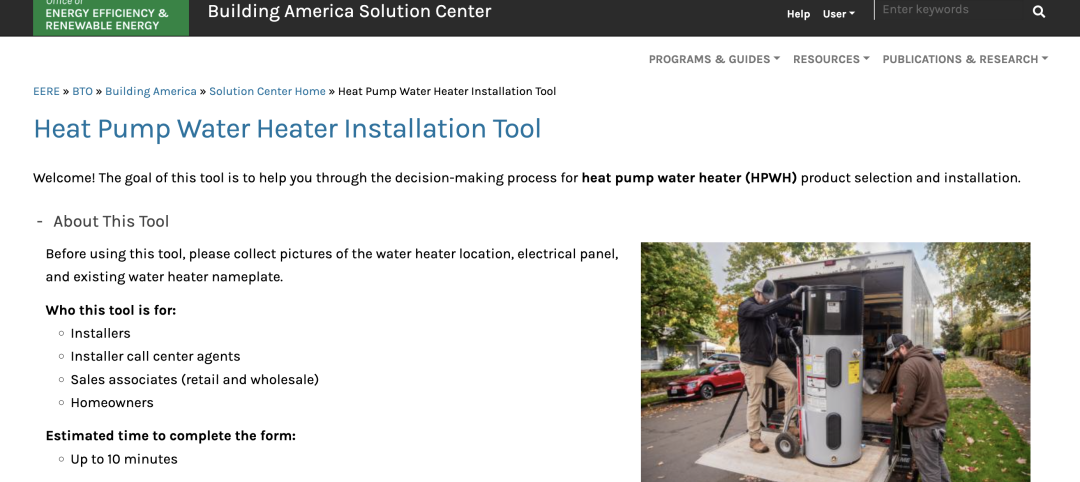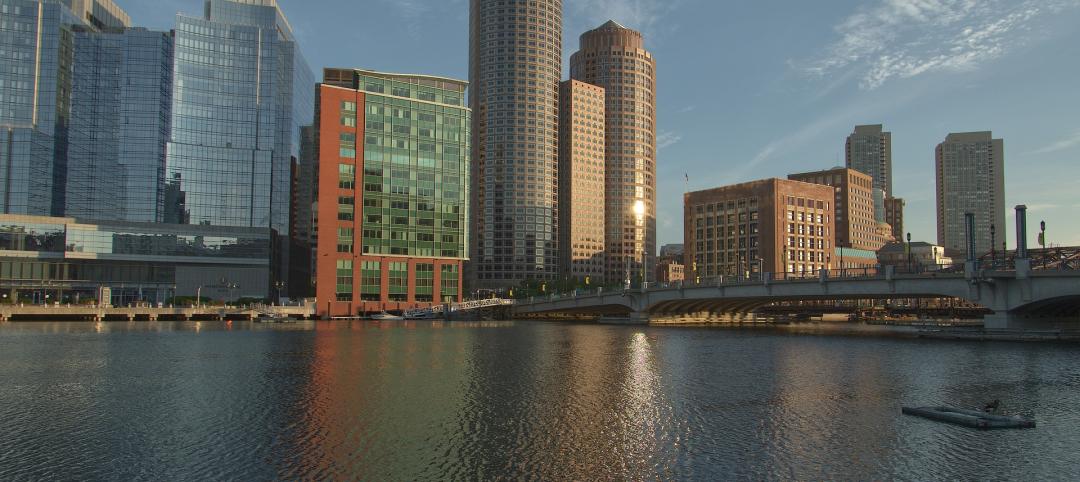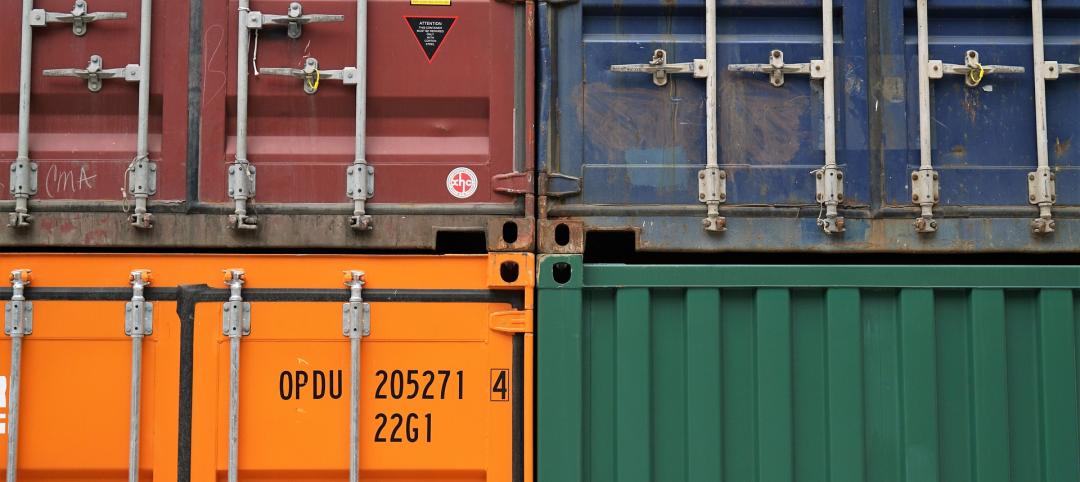Recent storms such as Hurricane Florence in the U.S. and Typhoon Mangkhut, which struck the Philippines and China, highlight the need for decentralized infrastructure, according to a recent Bloomberg article co-written by an energy analyst.
“On the basis of economics alone, the power systems of many countries will become highly decentralized in coming years,” the article says. By mid-century, more than a third of power-generation capacity in Japan will be customer-controlled in homes and businesses, the analyst asserts.
In Brazil, more than half of power generation will be in the control of private customers. If millions of small generators compensate for a small number of centralized failures, such decentralization would make electric systems more resilient.
While decentralization will grow based on the cost of energy, it will take government action as well. “Centralized decisions on things like building codes and flood zones can catalyze resilience,” the article says.
Related Stories
Urban Planning | Aug 15, 2024
New York City begins first large-scale porous pavement installation
New York City is installing its first large-scale porous pavement installation along seven miles of roadway in Brooklyn. The project will keep 35 million gallons of stormwater out of the combined sewer system each year, according to a news release.
Government Buildings | Aug 14, 2024
GSA releases updated standards to move federal buildings toward zero emissions
The U.S. General Services Administration (GSA) recently released updated building efficiency standards for federal buildings. The mandatory design and construction standards and performance criteria apply to 300,000 federal buildings.
MFPRO+ News | Aug 14, 2024
Report outlines how Atlanta can collaborate with private sector to spur more housing construction
A report by an Urban Land Institute’s Advisory Services panel, commissioned by the city’s housing authority, Atlanta Housing (AH), offered ways the city could collaborate with developers to spur more housing construction.
Energy Efficiency | Aug 9, 2024
Artificial intelligence could help reduce energy consumption by as much as 40% by 2050
Artificial intelligence could help U.S. buildings to significantly reduce energy consumption and carbon emissions, according to a paper by researchers at the Lawrence Berkeley National Laboratory.
Products and Materials | Aug 8, 2024
EPA issues $160 million in grants for clean manufacturing of steel, other construction materials
The U.S. Environmental Protection Agency will provide 38 grant recipients with nearly $160 million to support efforts to report and reduce climate pollution from the manufacturing of construction materials and products.
Green | Aug 7, 2024
Major cities worldwide set building performance standards
Cities around the world are setting building performance standards (BPS) as a key measure to cut emissions and meet climate targets, according to a report from JLL.
Codes and Standards | Aug 6, 2024
New tool helps with selection, installation of heat pump water heaters
A new web-based tool by the Department of Energy offers comprehensive information about how to size, select, and install electric heat pump water heaters (HPWHs).
Regulations | Aug 4, 2024
Diversity rules largely ignored on Boston construction projects
Not a single construction project in Boston over the past four years has met all the rules intended to diversify the construction industry and increase the number of city residents working on construction sites, according to a report in the Boston Globe.
MFPRO+ News | Aug 1, 2024
Canada tries massive incentive program to spur new multifamily housing construction
Canada has taken the unprecedented step of offering billions in infrastructure funds to communities in return for eliminating single-family housing zoning.
MFPRO+ New Projects | Jul 31, 2024
Shipping containers converted into attractive, affordable multifamily housing in L.A.
In the Watts neighborhood in Los Angeles, a new affordable multifamily housing project using shipping containers resulted in 24 micro-units for formerly unhoused residents. The containers were acquired from a nearby port and converted into housing units at a factory.

















